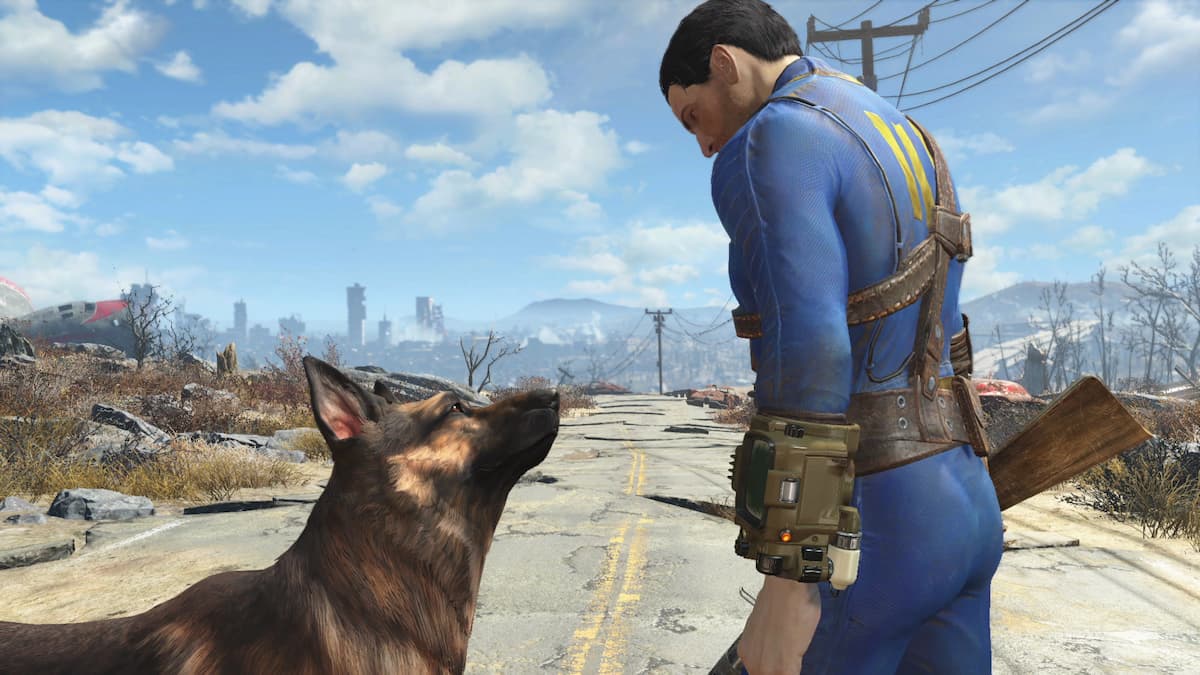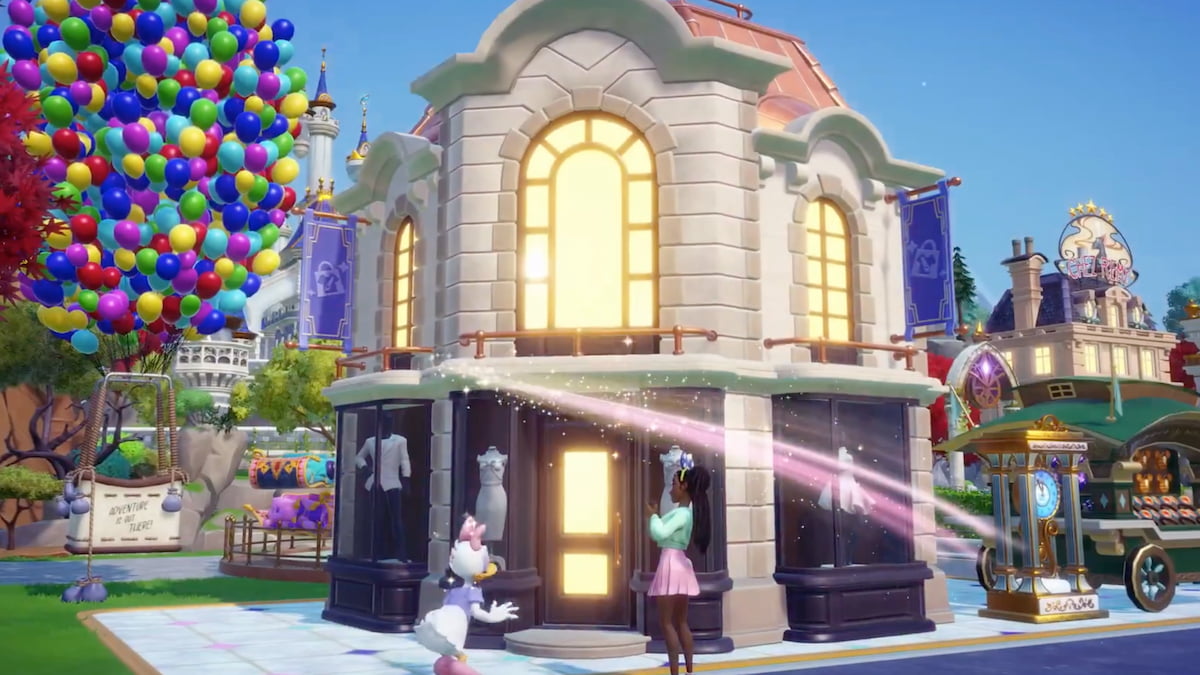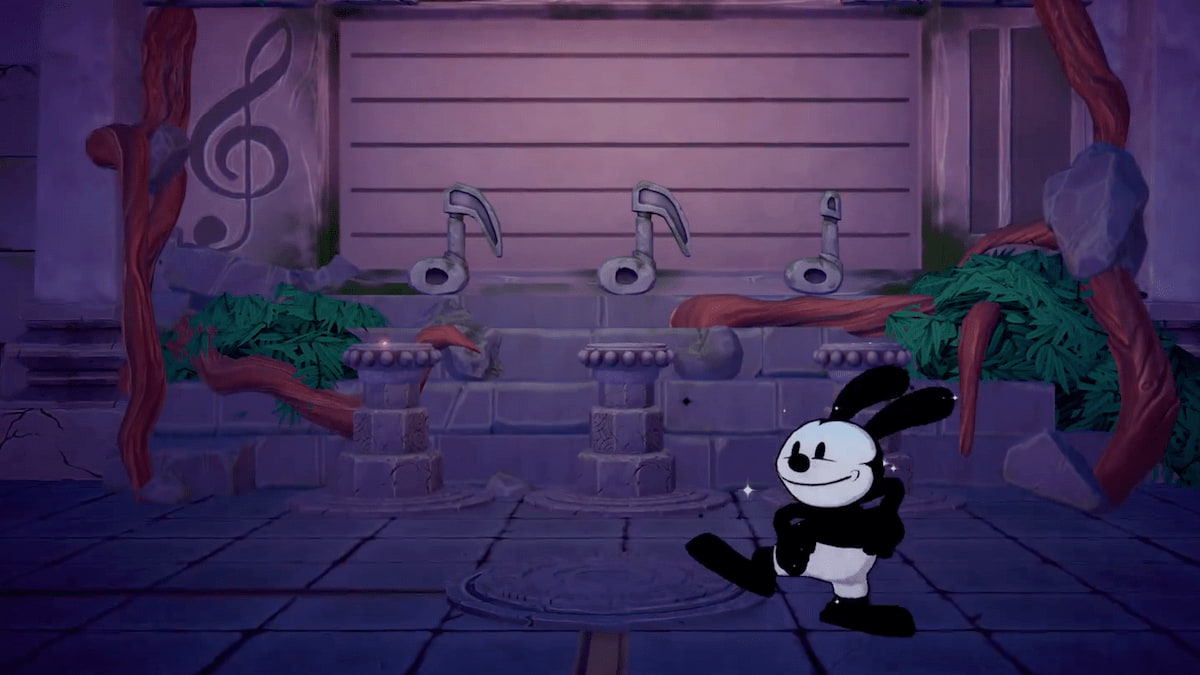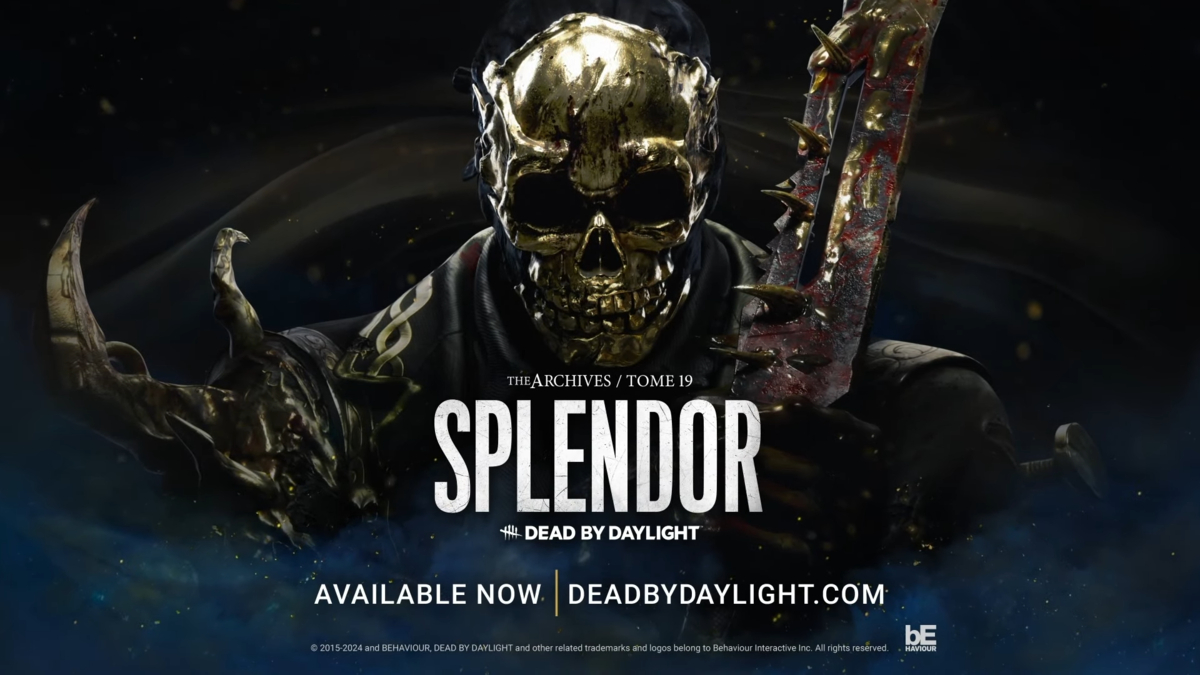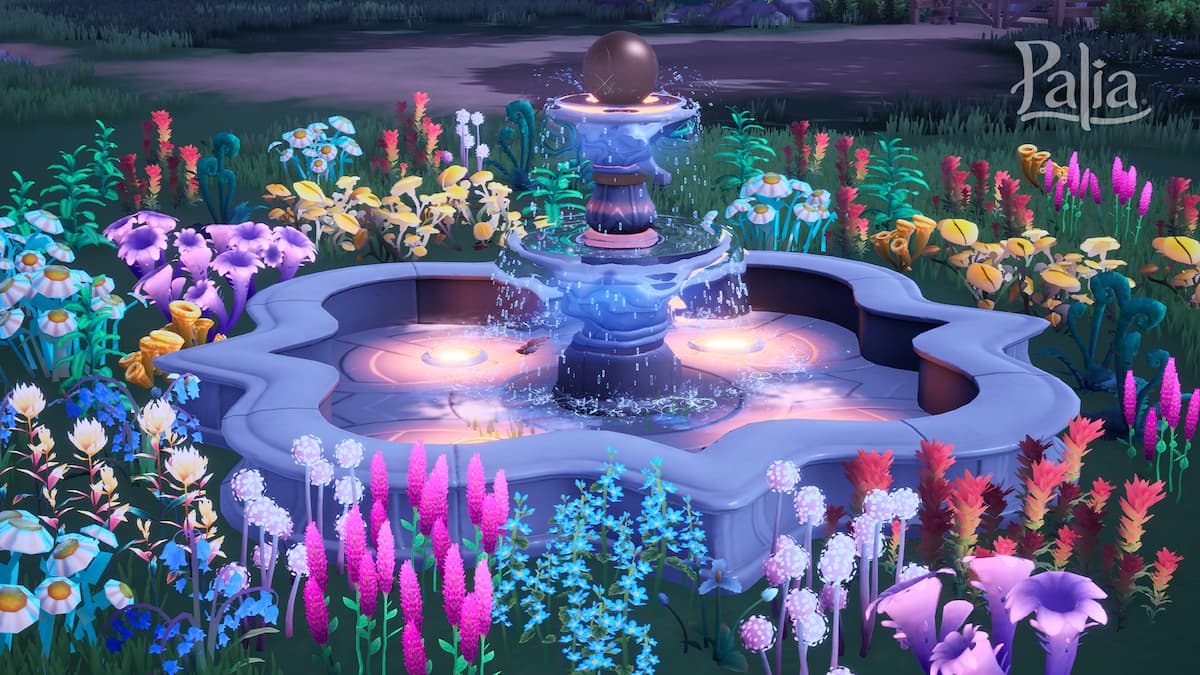Welcome to [Kick It], where we chat with developers and creators about their Kickstarter projects.
Today we’re talking with Nicholas Mizer, a PhD candidate at Texas A&M, about his Kickstarter for The Greatest Unreality: Story, Play, and Imagination in D&D.
The Greatest Unreality will be a dissertation level study of the modern culture of narrative and play surrounding Dungeons and Dragons. D&D has been the most popular and inspiring tabletop roleplaying game for the past 50 years and has had an enormous cultural impact on gaming.
The coolest thing about this anthropological dissertation is that it will be the single biggest academic study on the topic. As someone coming from a background in media studies, the fact that this might set a precedent for future gaming related academia is exciting! This academic field is currently still finding it’s way, jockeying for scholastic recognition and funding.
Nick’s Kickstarter video is entertaining, academic, and has gotten me very excited for the potential results of his study. If you want more, visit the Kickstarter here and check out the other related links at the bottom of this post.
So, who are you? What is your background in gaming?
NM: “Vell, I’m just zis guy, you know? More specifically, I’m a PhD candidate in anthropology at Texas A&M University who’s writing a dissertation about Dungeons & Dragons. Although I played tabletop games a few times growing up, I mostly played video games until halfway through college, when I started playing D&D 3.5. Being a Sega kid, my first RPG was Phantasy Star for the Master System. I’d never seen a game like that before—the relative open-endedness, the story, and the scale all captured my imagination. When I finally got into tabletop gaming, I found those same things, but even more so. Since then I’ve been playing pretty consistently over the past seven or eight years.”
Anything else interesting about your life?
NM: “I really enjoy traveling, although I haven’t been able to do much of it while in school. Still, I’ve been able to visit ten countries on five continents, and can’t wait to see more of the world. I’m also married with a five-year-old daughter who counts the Monty Python lumberjack song as one of her top three favorites.”
Can you explain some of the inspiration behind this dissertation?
NM: “As an undergraduate I spent a lot of time looking at the study of mythology, folklore, and ritual. At the same time I also started reading weird fiction like H.P. Lovecraft and playing D&D regularly, so the connections between those three areas really began to fascinate me. Looking at D&D, it’s really obvious how much the setting and monsters draw on traditional mythologies and folklore, but the parallels go deeper than that. In anthropology one of the things we talk about is the strong relationship between myths (stories that people use to make sense of life) and rituals, where rituals act out the stories of myth and myths explain the meaning of rituals. Looking at gaming, I saw the same principle at work: we have the actions of play, the rolling of dice and the rules; and we have the stories that emerge out of that. Once I thought of role-playing games as a curious fusion of storytelling, play, and ritual, I knew that there was a lot to be learned about humanity by looking very carefully at gaming.”
Do you plan to focus exclusively on D&D or will you include rule variations and other tabletop roleplaying games?
NM: “My main focus is on D&D, as it’s the first and most popular role-playing game, but I’m also including other games as they come up in the course of my research. I’ve recorded sessions of Empire of the Petal Throne, Serenity, and numerous D&D variants and retro-clones. The retro-clones, new games designed to either emulate or riff on early versions of D&D, have been really interesting because of the way that the Old School Renaissance gamers talk so much about the history of the hobby and the role of nostalgia.”
![]()
If you can, could you briefly explain your previous research?
NM: “As I move towards my dissertation I’ve been trying to come at the topic from multiple angles, most of which will play into the finished product to some degree. I’ve looked at the history of gaming from a cultural perspective and found a pattern where systems tend to become increasingly rationalized and rule-bound, then get reinvigorated by an injection of more free-form imagination. I’m especially interested in the imagination, so I’ve looked at how we imagine the spaces of the game world through mapping and how the pacing of a game session changes our experience of it. One area that I won’t get to cover much in the dissertation but hope to come back to later is the international spread of role-playing games and how different cultures adapt gaming to new contexts. In Spain, for example, the stereotypical gaming location hasn’t been basements and garages but permanent clubhouses rented out by formally organized gaming clubs, and that social context shapes how they play the games.”
What kinds of informational results are you expecting your research to yield?
“There’s so much going on when we play an RPG that it’s hard to reflect on it all.”
NM: “I’m looking for results on three levels. On the smallest scale, I want to get a better understanding of the dynamics of individual game sessions. There’s so much going on when we play an RPG that it’s hard to reflect on it all. By recording and transcribing sessions, then talking over that data with the players I expect to learn a lot about how exactly people imagined various scenes, what motivated particular decisions, what makes for an enjoyable game session, and how all of that is negotiated as a group.
On what you could call the medial level, I’m looking for trends in people’s personal histories with gaming and how that interacts with the history of the hobby as a whole. What drew them to the hobby in the first place, for example? One trend that’s coming into focus already is that a lot of people in their thirties and forties stopped playing when they hit high school or college, then started playing again after a break of ten to twenty years. One thing that seemed to have brought gaming back on the radar again for a lot of people was the deaths of Gary Gygax and Dave Arneson, the co-creators of D&D, in 2008 and 2009, and I’d like to get a better sense of how that has influenced the community.
“On the broadest level I’m looking for what gaming can tell us about human culture and society.”
On the broadest level I’m looking for what gaming can tell us about human culture and society. Play and storytelling seem to be very central parts of what it means to be human. We’re continuously making sense out of both our everyday lives and the broader world by telling stories about them, and by looking at gaming I get a chance to see that story creation process in action. By paying attention to where gaming fits in people’s lives I also want to learn about the problems of modern life and how people cope with them. We live in a world full of bureaucracy and rules, for example, and people often feel like they’re just a cog in a machine or a number on a spreadsheet. Yet we still find meaning in our lives in the middle of all that, and we see that same thing in gaming. It’s been said that D&D is fantasy fiction through actuarial science; out of all the number crunching and dice rolling we find something really exciting and imaginative that keeps bringing us back, and that can tell us a lot about how we handle similar challenges in other areas of our lives.”
What do you think is the thing you are most excited about with this project?
NM: “Two things really: I’m really excited to get a chance to see some of the diversity that’s out there in the gaming world, playing with people in different places and contexts who might have very different gaming styles. But, maybe even more so, I look forward to working collaboratively with gamers, both those I meet through my research and those involved in the project through my Kickstarter, as I try to tell their stories. I’ve learned so much from the people I meet in my research, and I know that I don’t have a monopoly on interpreting gamers’ experiences, so I really view it as a two way street where we’re figuring out what this all means together.”

Just look at that face!
If the funding is successful, what will be you next steps? Where do you plan to visit for your fieldwork?
NM: “Assuming the project is successful, over the next 8-9 months I’ll be going on a series of research trips to meet with gamers from all over the United States. At each location I’ll be doing interviews, recording game sessions, visiting local game stores, and just generally getting a sense of the gaming scene in that area. My first trip will be going to New York City next month. Beyond that, how many sites I’ll be able to visit depends on the funding level. Places I’d like to visit include Madison, WI; Los Angeles, and St. Louis, MO. I’ll also be trying to hit as many gaming conventions as possible during that time, and will definitely be at Gary Con in Lake Geneva and North Texas RPG Con in Dallas.”
If the Kickstarter fails, what are your contingency plans? It seems risky to bank on crowd funding to complete your dissertation.
NM: “There’s certainly a degree of risk to the Kickstarter, but I do have a little bit of funding already through a traditional academic grant. I’ll still be able to produce a dissertation without the Kickstarter, but it won’t have the scope that I feel the topic deserves because I will be much more limited in my research activities. My goal is to catch people’s imagination with the ambitious nature of the project and to share that with as many people as possible.”
Already, the Kickstarter has put me into personal connection with gamers who are excited about the research and that’s immensely encouraging.
Can you describe your interaction with the Kickstarter process?
NM: “I’m just about halfway through the campaign, and it has been an amazing experience so far. Normally, academics get their funding from large granting agencies, and that’s a very impersonal process. Already, the Kickstarter has put me into personal connection with gamers who are excited about the research and that’s immensely encouraging. As an anthropologist I already have a strong ethical commitment to accurately representing the people that I study, and by making the entire process a community effort the Kickstarter has both made that obligation very explicit and provided a great means for me to be accountable to my fellow gamers throughout the research process.”
What advice would you give developers and creators (and academics) aspiring to use Kickstarter?
NM: “As someone who’s backed Kickstarters myself, the first thing I would say is to make sure that you have a realistic plan in place to produce the product. Talk to other people who have gone through the process and learn from the problems they’ve had. The second thing is to be prepared for how time consuming the Kickstarter itself will be. Contacting backers, writing updates, and so forth are all very fun, at least to me, but it’s really a full time job.”
“To me, a good Kickstarter is one that brings together people who are all excited about the same thing.”
What do you think makes a successful Kickstarter campaign?
NM: “To me, a good Kickstarter is one that brings together people who are all excited about the same thing. The product is certainly important there; it has to be worth getting excited about. But the core of the Kickstarter is the community of people that it brings together.”
If you were to redo the Kickstarter, what would you change?
NM: “One of the main features of the Kickstarter is that I’ll be doing weekly video updates throughout the process of my research so that people can see the project unfold and interact with me along the way.
I’ve started doing those videos already, but if I had it to do over again I would have released a series of them before the campaign even started, just so that people would have a little more time to get to know me and the kind of things I think about when I’m doing my researach.”

What is the funniest thing to ever happen in one of your game campaigns?
NM: “Well, some of the funniest stories are things I probably shouldn’t tell in public, so I’ll settle on the funniest family friendly story. For my birthday this year I decided to run D&D all weekend. A friend of mine hadn’t played in our current campaign yet, and I asked him if he had any ideas about what type of place his new character might come from. My friend looked at me with a straight face and said that his character, Radical Pizza, was a denizen of Party Town. In earlier stages of my gaming career, I would have quickly explained that there was no such place in the realm of Torsh, and that “Radical Pizza” didn’t fit the established naming conventions of that place. I’d been talking a lot with people I met in research about the value of silliness in gaming, though, so instead I talked with him briefly about what the features of Party Town might be, so that we could introduce the rest of the group to his character when they arrived.
“My friend looked at me with a straight face and said that his character, Radical Pizza, was a denizen of Party Town.”
Once the characters arrived in Party Town, they decided to spend some of their hard-earned riches and join in with the carousing. Using a series of tables and dice rolls, we were surprised to find that one of the revelers had run afoul of what few rules existed in the place, and was being held in party jail at the center of town. Defended by guards wielding the Party Town equivalent of pool noodles, the offender would be left to wallow in his crimes unless the rest of the group could manage to free him.
The other players thought that it wouldn’t do to assault the guards with a display of force. Instead, some of the characters staged a dance party, drawing the watchful eyes of the guards away from the cage just long enough for the rest of the group to effect an escape. Somehow, maybe because it was my birthday, I convinced one of my more stoic friends to re-enact the dance that the characters were doing while another improvised a song to accompany. The oracles of the dice favored the plan, and they went on to have further epic adventures.”
That about wraps us up, anything else you’d like to add?
NM: “I’d just like to offer a sincere thank you to everyone who has backed the project so far and helped to spread the word. It’s been very encouraging and humbling to see the response.”
In Closing
I want to extend a warm thanks to Nicholas Mizer for taking the time to answer my questions! If you are looking for more details about the project you can visit the Greatest Unreality Kickstarter page, or visit his blog. Keep track of the development and updates of the dissertation by following Nicholas on YouTube, Twitter @NickMizer or on Facebook. Look out for Nick at your next gaming convention!
—
Do you have a Kickstarter campaign or a project you’d like to see talked about on GameSkinny? Drop me a tip for future [Kick It] articles on Twitter @ZacaJay using#KickItJay!
Or, you know, write about it yourself!

